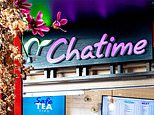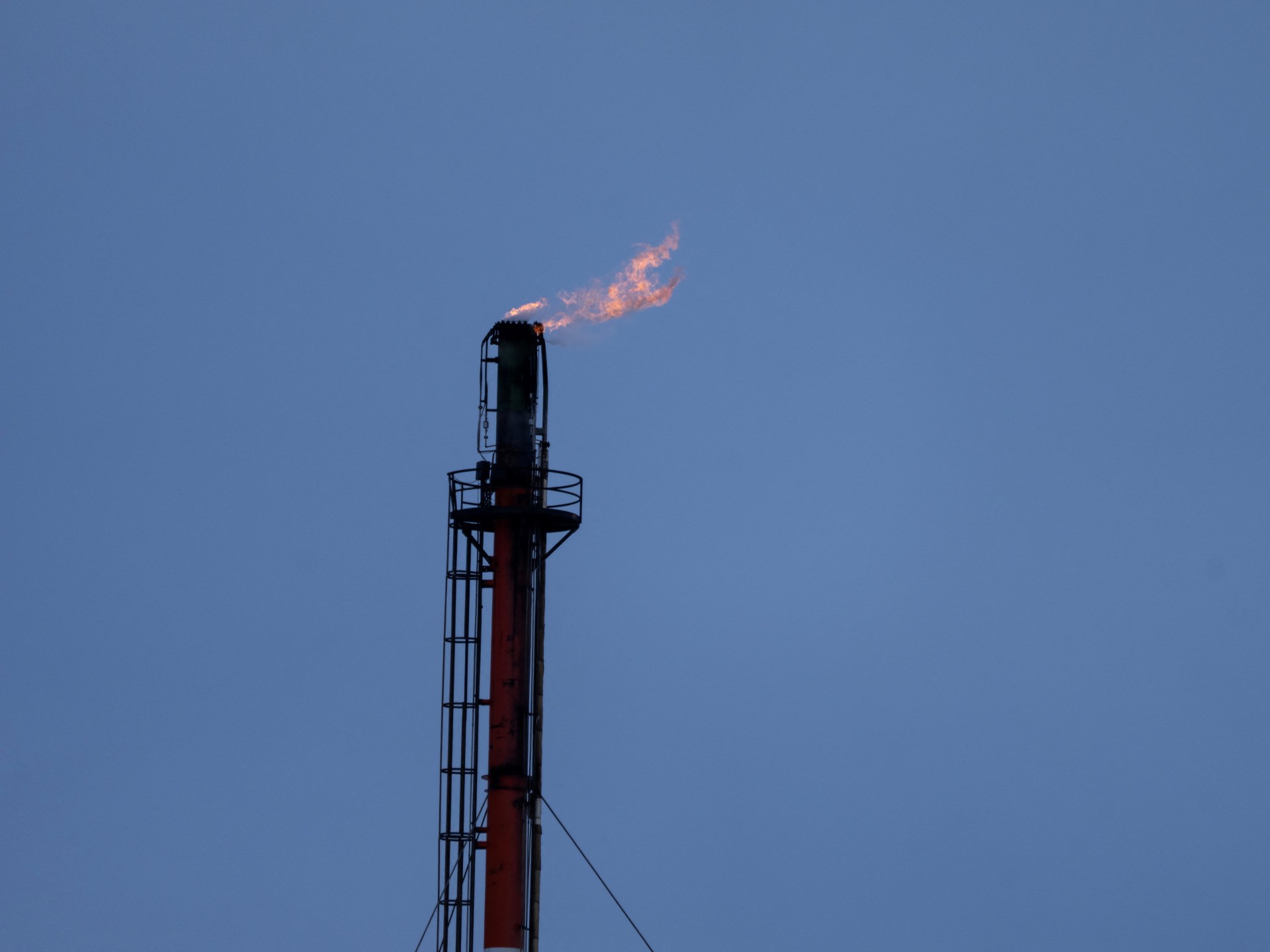
- Chatime Purple 700ml reusable light-up cup recalled
- Product failed to meet button battery standards
- READ MORE: Kia recalls more than 100,000 cars in Australia
By ANTOINETTE MILIENOS FOR DAILY MAIL AUSTRALIA
Published: | Updated:
Cult bubble tea brand Chatime has issued a recall for its reusable light-up cups over safety concerns.
Chatime’s Purple 700mL reusable light-up cup with Chatime logo, dome lid, and purple straw was recalled due to safety concerns over its batteries.
The recall was first issued earlier this year in May, but was updated on Tuesday, to include a new supplier and amended sale dates.
The product was sold across the country online and at Chatime T-Breweries, in the Chatime Show Bags at the 2023 Royal Easter Show and the Melbourne Royal Easter Show.
Australian Competition and Consumer Commission explained the product’s batteries were not adequately secure and accessible to young children, becoming a potential swallowing hazard.
The ACCC added the light-up cup also did not have the required warning information in relation to the hazards posed by the batteries.
‘There is a risk of choking, severe internal burn injuries or death to young children if they gain access to the button/coin batteries and swallow them or place them inside their body,’ the public warning notice reads.
‘Severe or fatal injuries can happen in two hours or less. Consumers may be unaware that the product contains button batteries.’
Chatime’s Purple 700mL reusable light-up cup with Chatime logo, dome lid, and purple straw was recalled due to the product not complying with battery standards
The cult bubble tea brand initially issued the recall in May but the notice was updated this week with amended sale dates and an additional supplier
The affected cups were sold between November 21, 2022 and May 29, 2024.
Anyone who bought the cup is being urged to stop using it immediately and place it out of reach of children.
Customers can return the light-up cup to their nearest Chatime T-Brewery for a full refund.
Chatime was founded in 2005 in Taiwan and has more than 2,500 stores around the world.
The global teahouse chain’s Australian sector boasts the company’s biggest profits in western nations and is leading a global review of the brand.






